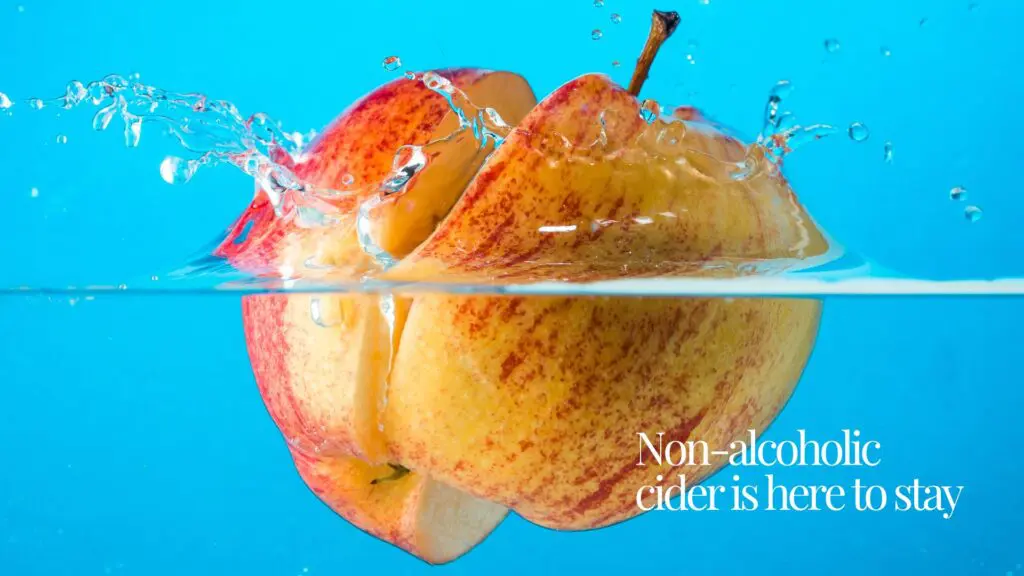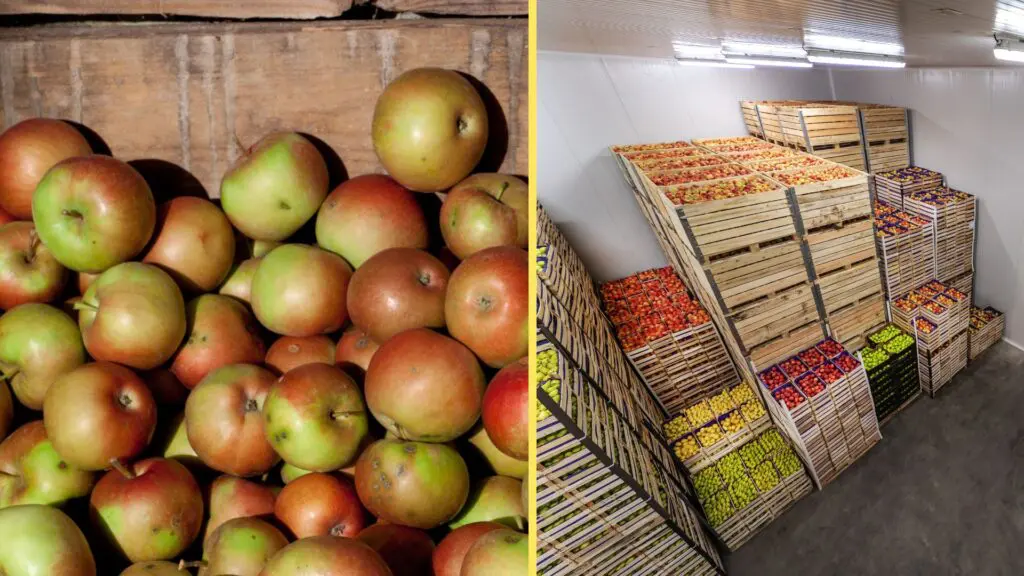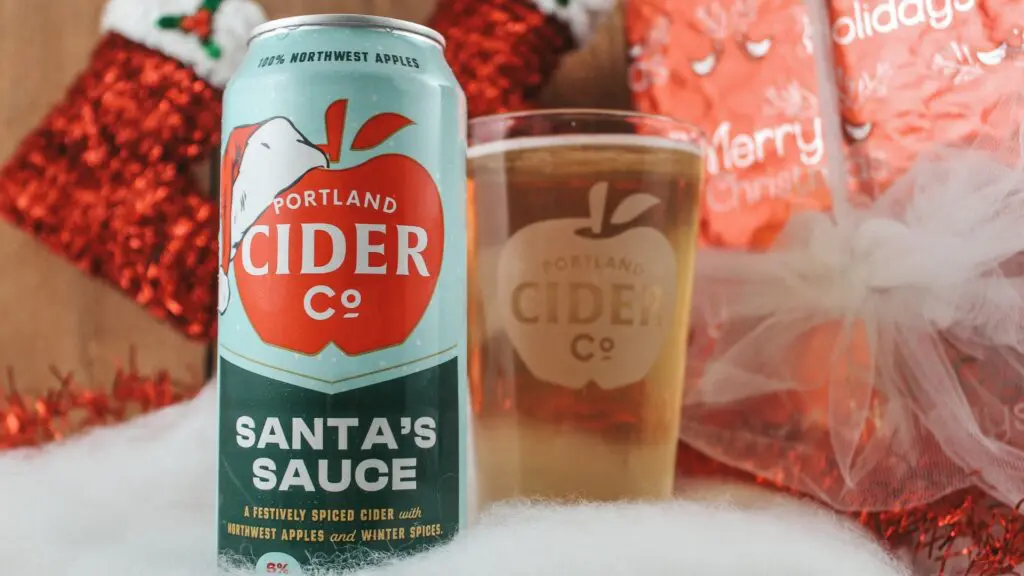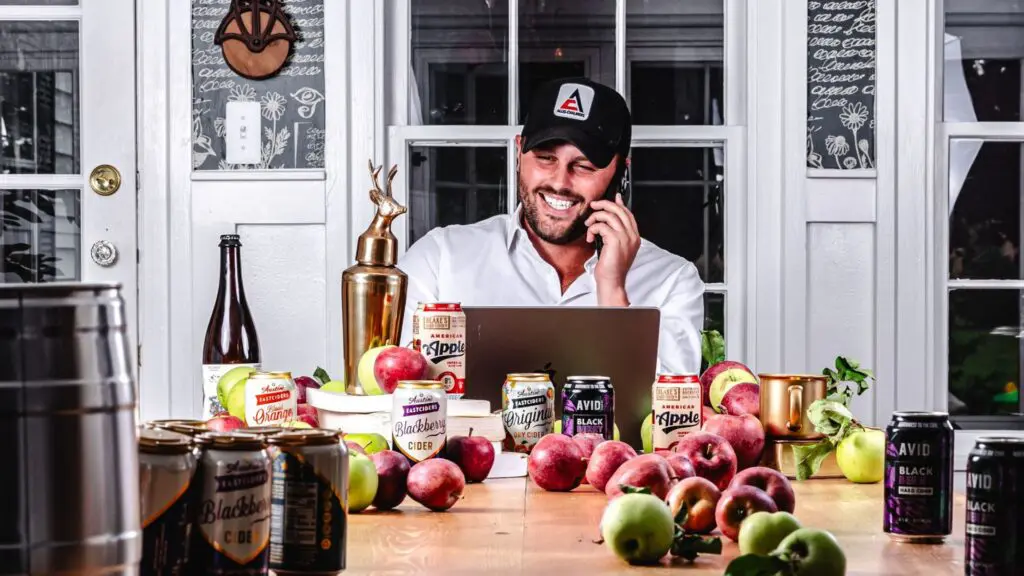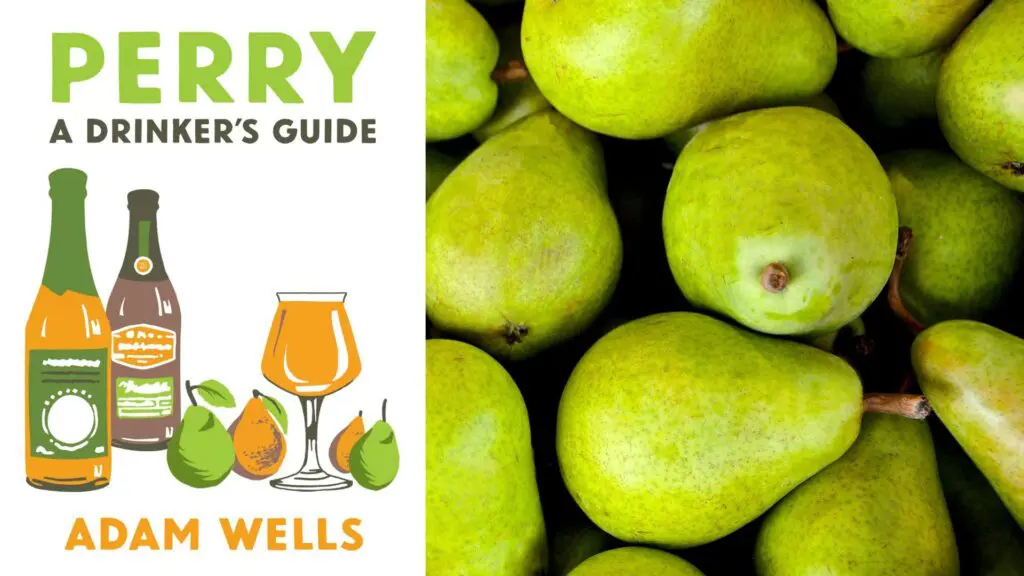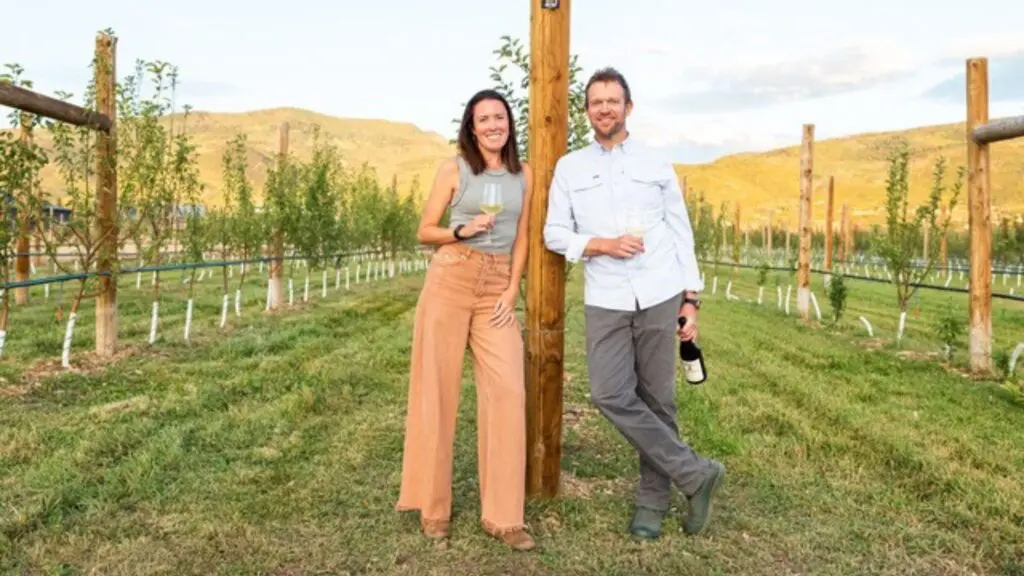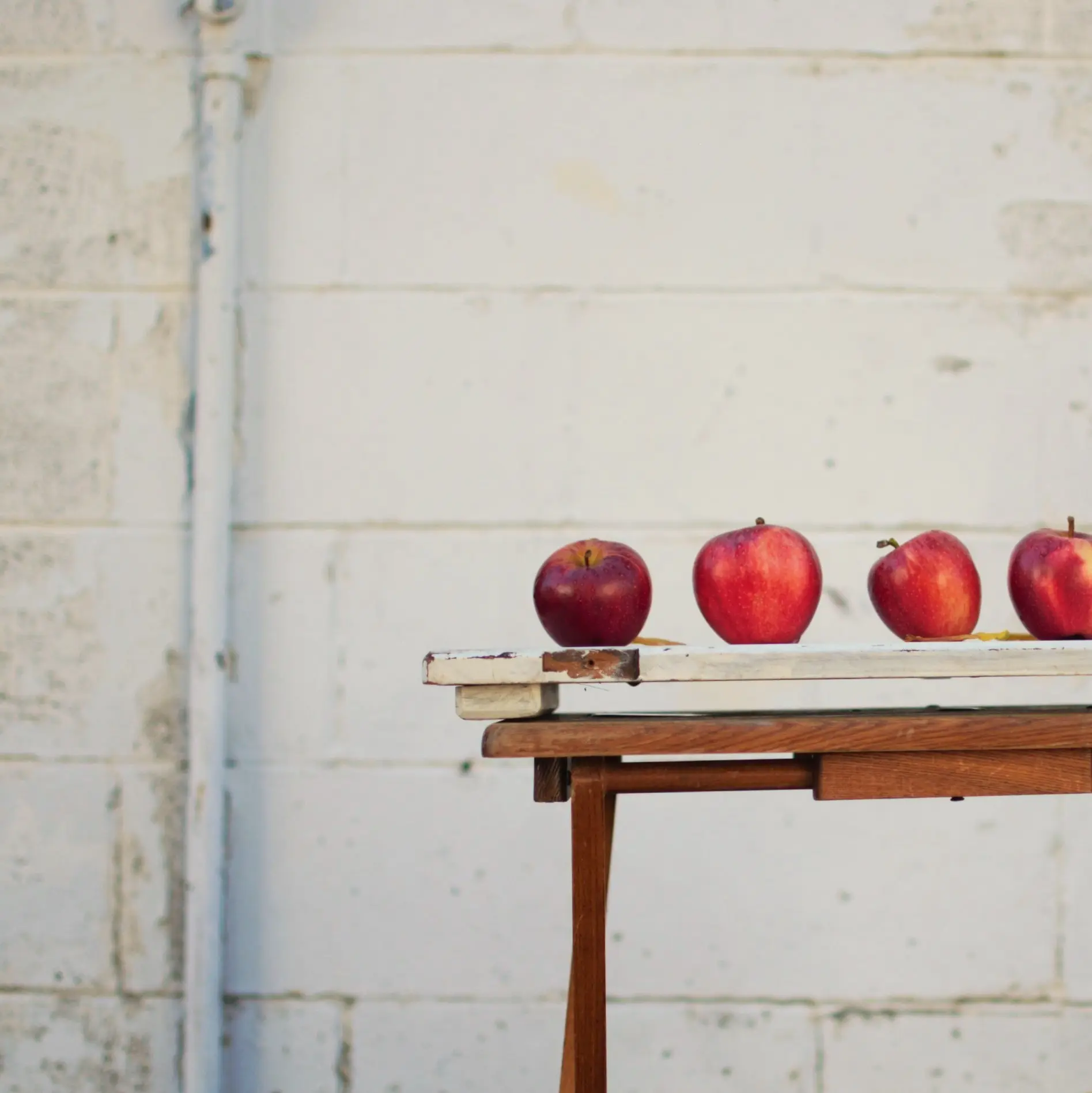The more you speak to professional cidermakers, the clearer it becomes that the occupation isn’t an easy one. Hard work, high risks, huge stress and loads of other anti-perks can make the job a regrettable one for those not up to the task.
So why do it? That’s exactly what I wanted to know. This month at “InCider Insights,” where I pose one question to a trio of cidermakers to compare similarities and differences between creators of our favorite drink, I ask:
What’s the most satisfying thing about being a cidermaker? The least?
Chris Brownrigg, Cidermaker/Orchardist | Brownrigg Hard Cider, Seattle, Wash.
Recipe creation is the most satisfying part of my job as a cidermaker and orchardist. The back-and-forth creative process of articulating a recipe that had existed only as a concept to a successful cider is at the heart of my craft and continues to bring me pleasure. It was a delight to find that same satisfaction in collaboration efforts where more than one voice often leads to new directions and heighted outcomes.
Recent collaborations with local craft beer brewers have birthed new ciders and whole new directions of influence, our Sidra de Horchata being one of those. These community team-ups are as rewarding as they have been fruitful. The less-than-satisfying aspects of my job is paperwork and administrative tasks. I wanted to be a cidermaker, so I had to become a business person. Taxes (of every sort), payroll, landlords, leases and all those duties end up at the bottom of what I enjoy about cidermaking.
Daniel Delph, Barrelmaster | Gypsy Circus Cider, Co., Knoxville, Tenn.
The most satisfying thing about being a cidermaker is that I get to make wild, natural cider by utilizing the wild yeast and bacteria that is present on the skins of the apples. This is the original way that all alcoholic fermentations were made in the past, along with fermenting and aging in
oak barrels. To me, this process makes the best tasting cider with a lot more nuance and depth of flavor that conventional yeasts cannot give you.
The least satisfying part about being a cidermaker in the South is that the majority of cider apple orchards were burned down during prohibition and the use of culinary apple orchards took their place with sweeter, less tannic ciders. Global warming has also played a role in apple harvests in my area, with harvests coming earlier every year and also resulting in a dry spell of juice in the summer months.
Greg Ruth, Head Cidermaker |Wilson’s Orchard and Farm, Iowa City, Iowa
What do I find most satisfying about being a cidermaker? That’s something I’ve been thinking a lot about in the past couple years; the answer has evolved as my relationship to the drink has changed. There are so many different things to choose from. Converting a customer that had otherwise written off cider certainly comes to mind. But as I approach a decade in the industry, I’ve discovered I get the most joy and inspiration from connecting the consumer to the land. In short, telling the story of the orchard, bottle by bottle.
When I get guests out to our cider block, a few acres of Gold Rush, bittersweets and crab apples, with a couple open bottles of our Orchard Series in tow and the guests realize they are standing among the trees that grew the fruit for the cider they are currently enjoying is something quite special and is what is driving me forward as a cidermaker.
Lee Reeve is the owner-operator of inCiderJapan G.K. (www.inciderjapan.com), an importer/distributor, retailer, and producer of cider and cider-related goods. He is also the publisher of inCiderJapan, Asia’s first and only bilingual magazine dedicated to all things cider.
Lee Reeve can be reached at [email protected].


